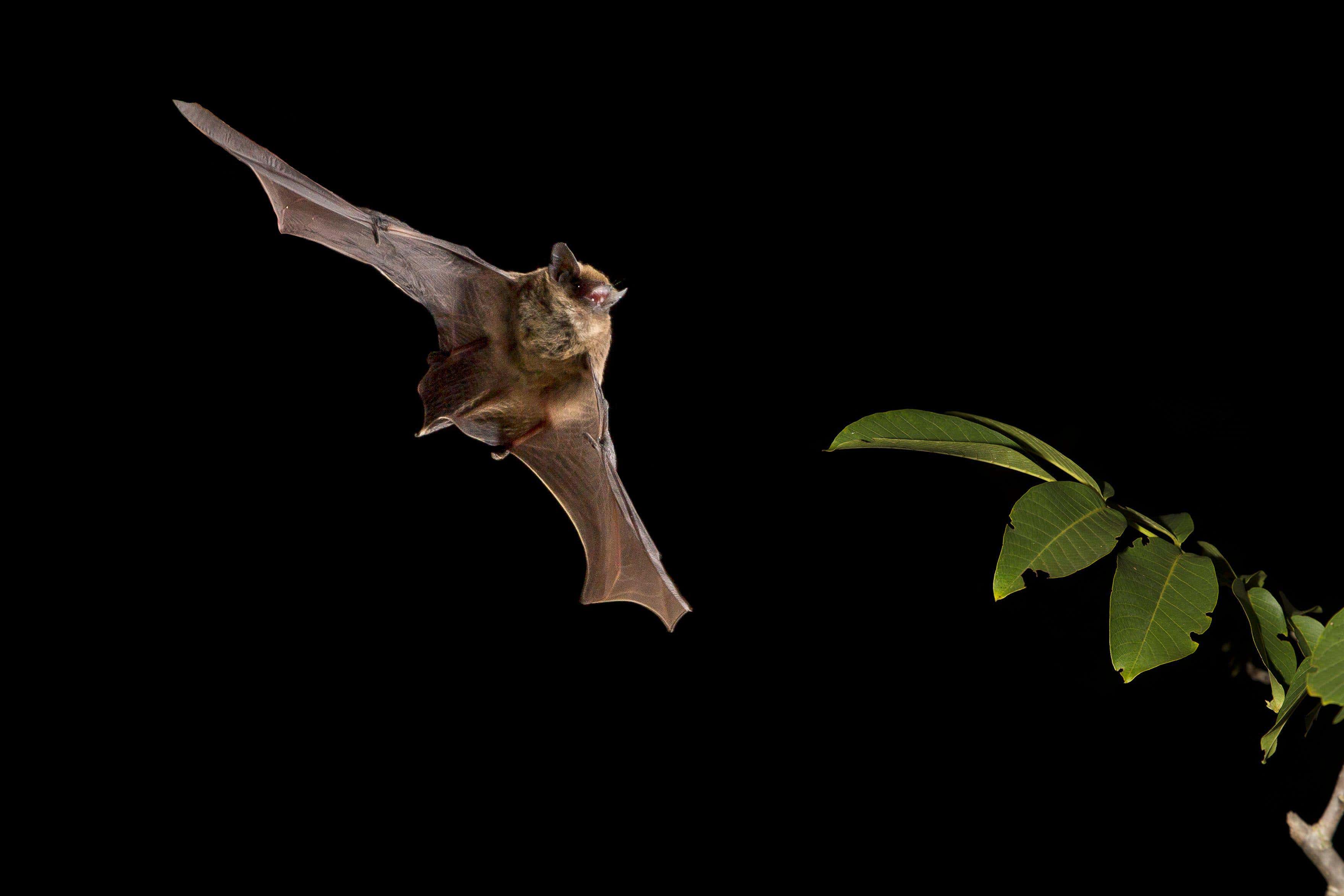Bats struggle during organic farming transition, study suggests
In order to limit any negative effects on biodiversity, the transition to organic farming should be managed carefully, researchers say.

Bat activity falls as farms make the transition to becoming organic, research shows.
Organic farming is better for biodiversity than conventional farming, which relies heavily on substances such as pesticides, herbicides and fertilisers.
The study, led by the universities of Bristol, Gottingen and Exeter, assessed the effects of organic farming by monitoring insect-eating bats at citrus orchards in Cyprus.
We were surprised by our results - we expected the transition to organic farming to bring positive effects from the start
They found that activity of three of the four species included in the study was significantly lower at farms in the transition period, compared with conventional farms.
However, the activity picked back up on established organic farms – suggesting a time-lag before the organic biodiversity boost for the most abundant bat species.
According to the researchers, their findings suggest that in order to limit any negative effects on biodiversity, the transition to organic farming should be managed carefully.
Penelope Fialas, from the University of Exeter, said: “We were surprised by our results – we expected the transition to organic farming to bring positive effects from the start.
“We can’t be certain why bats are negatively affected, but previous research suggests soil can suffer – with knock-on effects for other wildlife – when fertilisers, pesticides and other aspects of conventional farming stop.
Our findings suggest the transition to organic farming should be managed carefully, to limit any negative effects on biodiversity
“The soil and the wider ecosystem may take time to recover.”
She added: “Our findings suggest the transition to organic farming should be managed carefully, to limit any negative effects on biodiversity.
“For example, neighbouring farms could avoid simultaneous transitions, allowing wildlife to find alternative habitats nearby while each farm switches its methods.”
The study examined 22 matched pairs of citrus orchards, comparing bat activity at certified organic farms with conventional farms, and organic-transition farms with conventional farms.
The bat species included in the study were Kuhl’s pipistrelle (P. kuhlii), Savi’s pipistrelle (H. savii), common bent-wing (M. schreibersii) and common pipistrelle (P. pipistrellus).
The researchers found that activity of Savi’s pipistrelles was three times lower – and activity of Kuhl’s pipistrelles and common bent-wings was twice as low – on organic-transitional farms compared with conventional farms.
Activity of Kuhl’s pipistrelles was twice as high on organic farms compared with conventional farms.
Additionally, activity of Kuhl’s pipistrelles and Savi’s pipistrelles was higher on organic farms than on organic-transition farms, the study published in the Journal of Applied Ecology found.
Bookmark popover
Removed from bookmarks